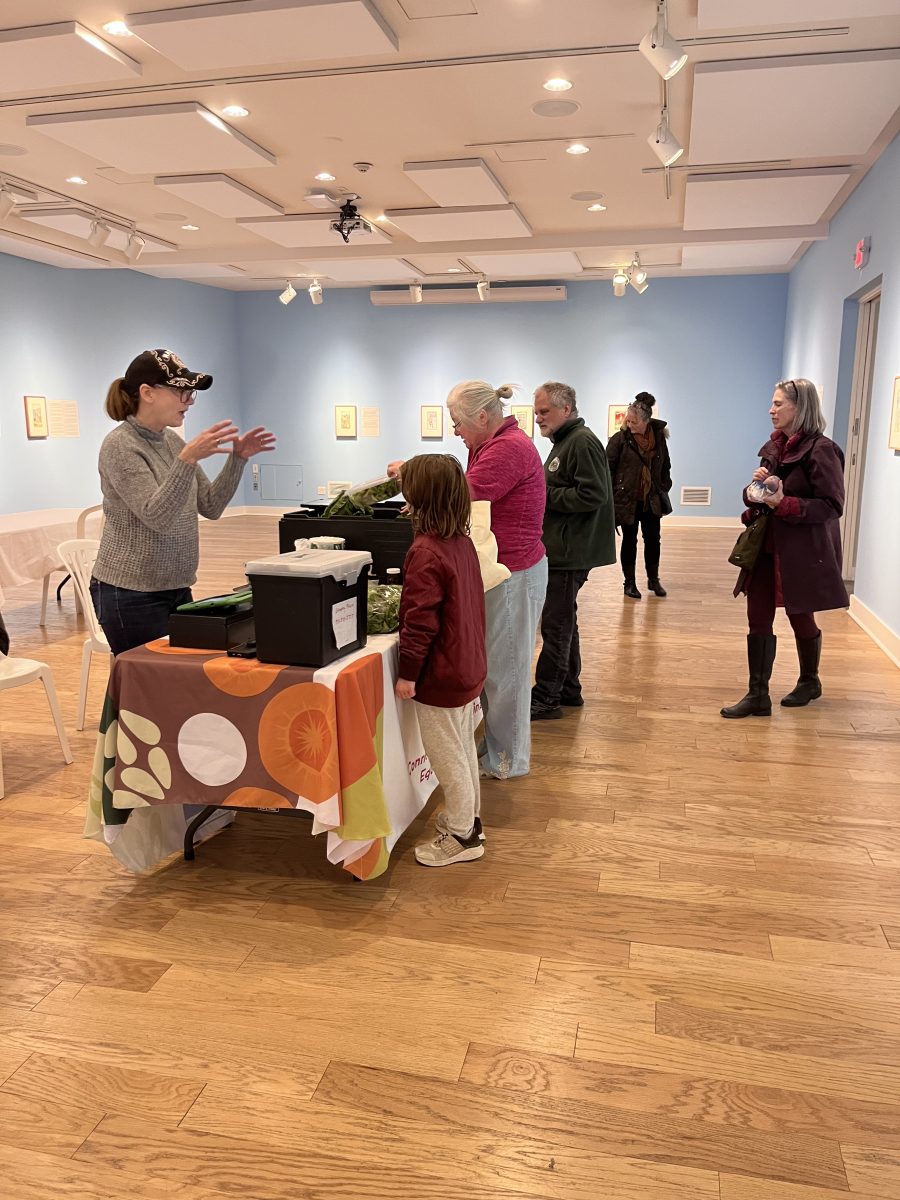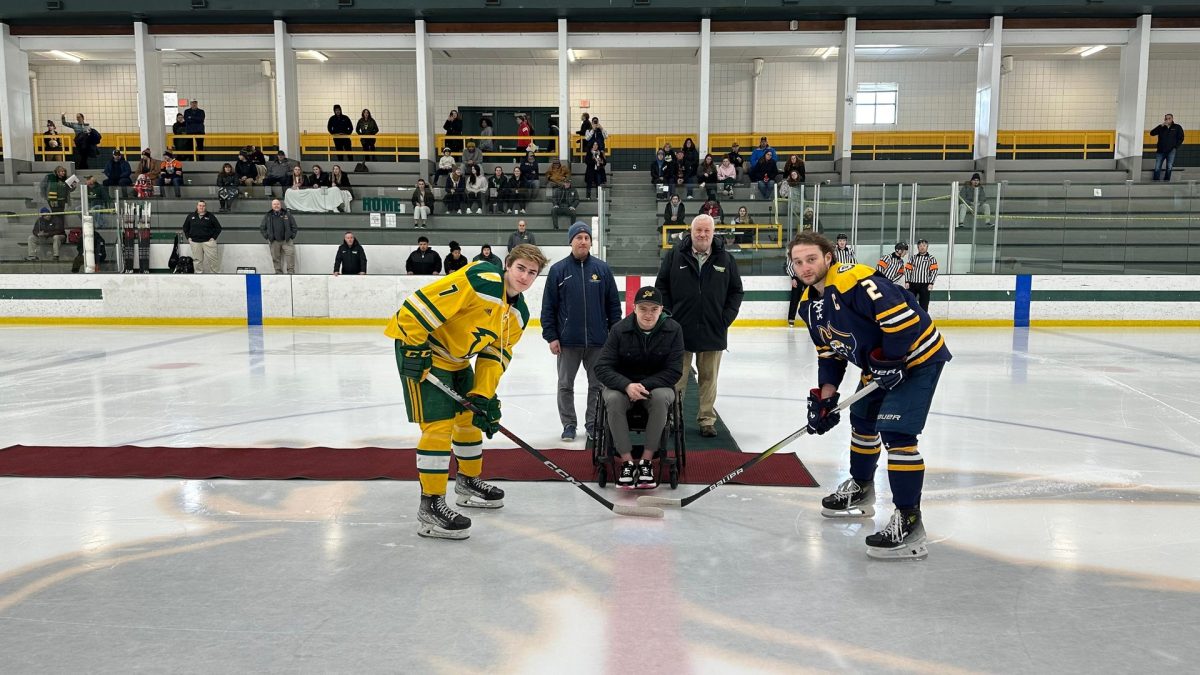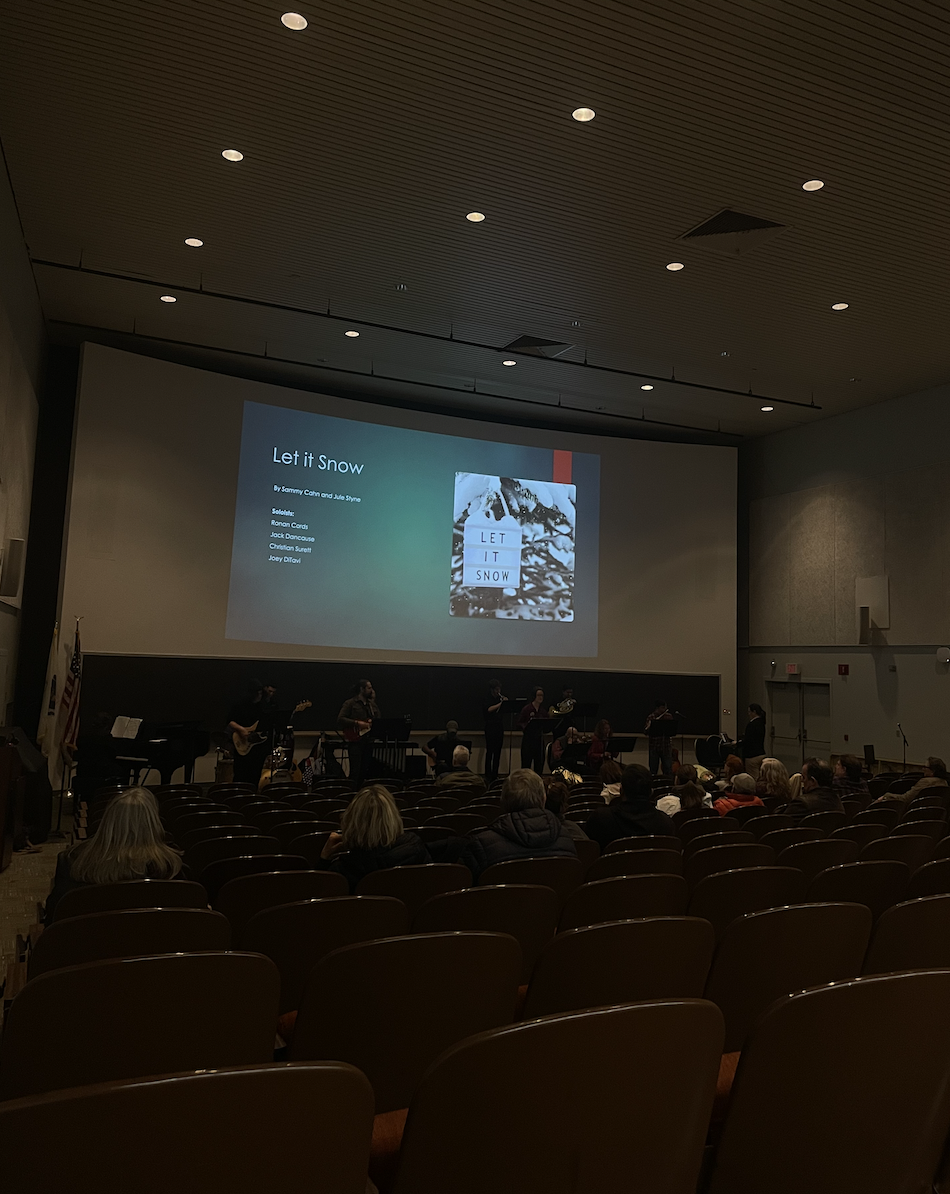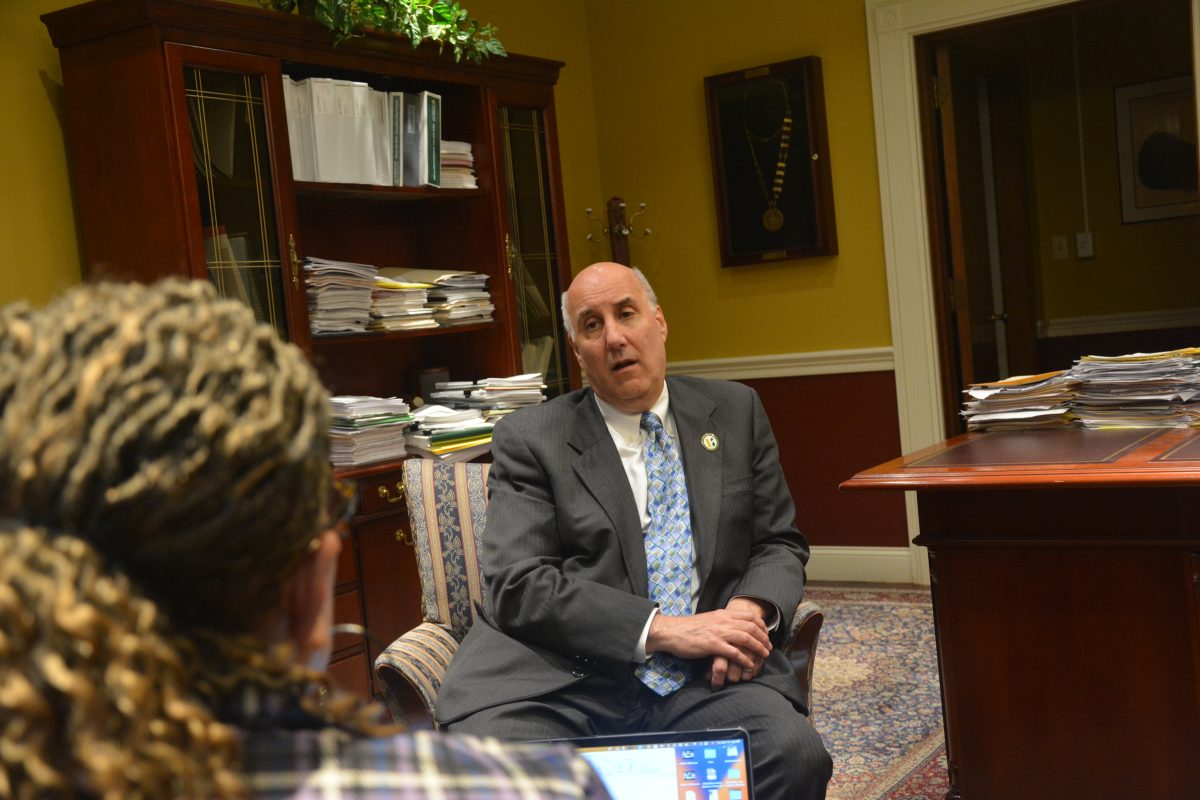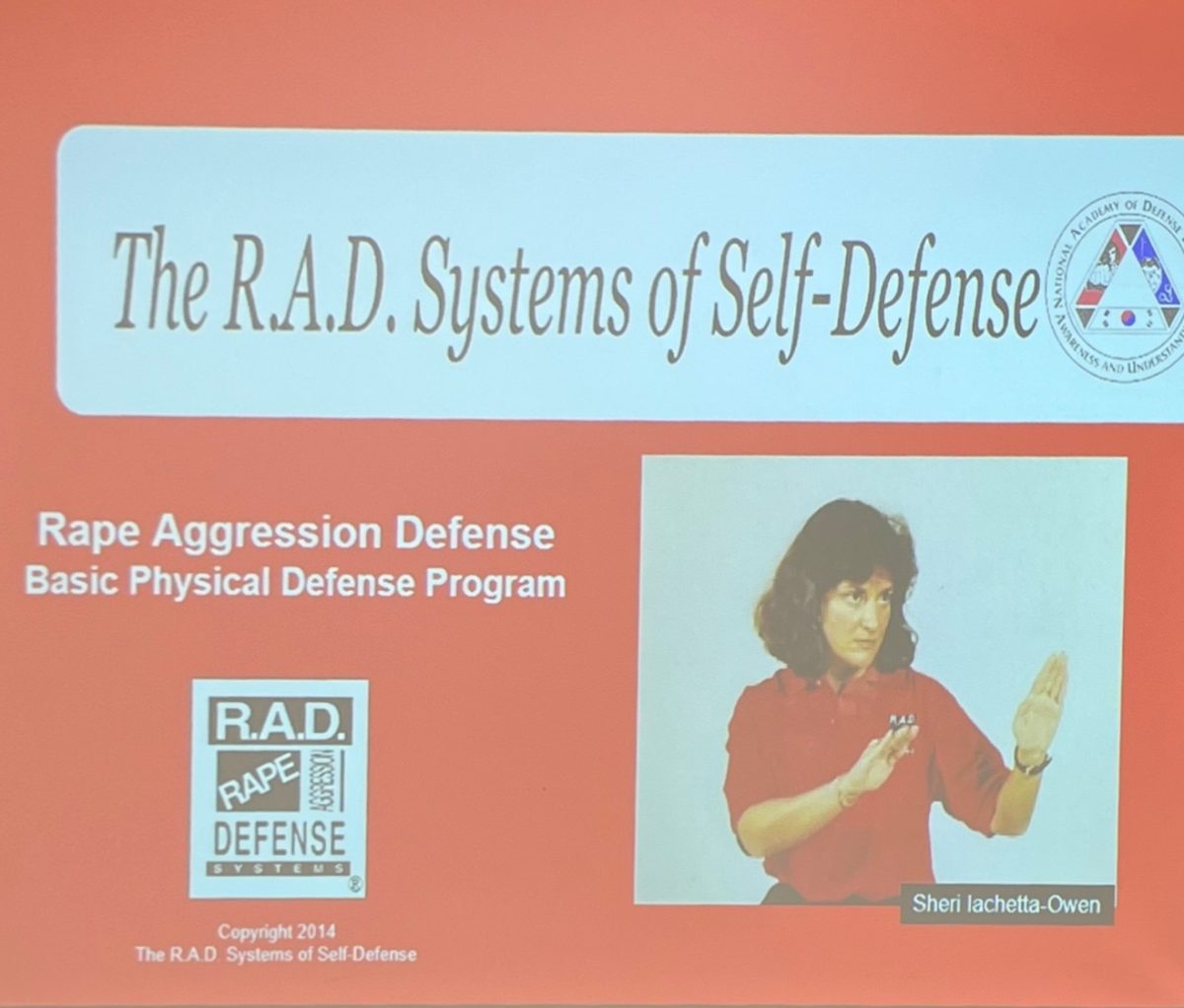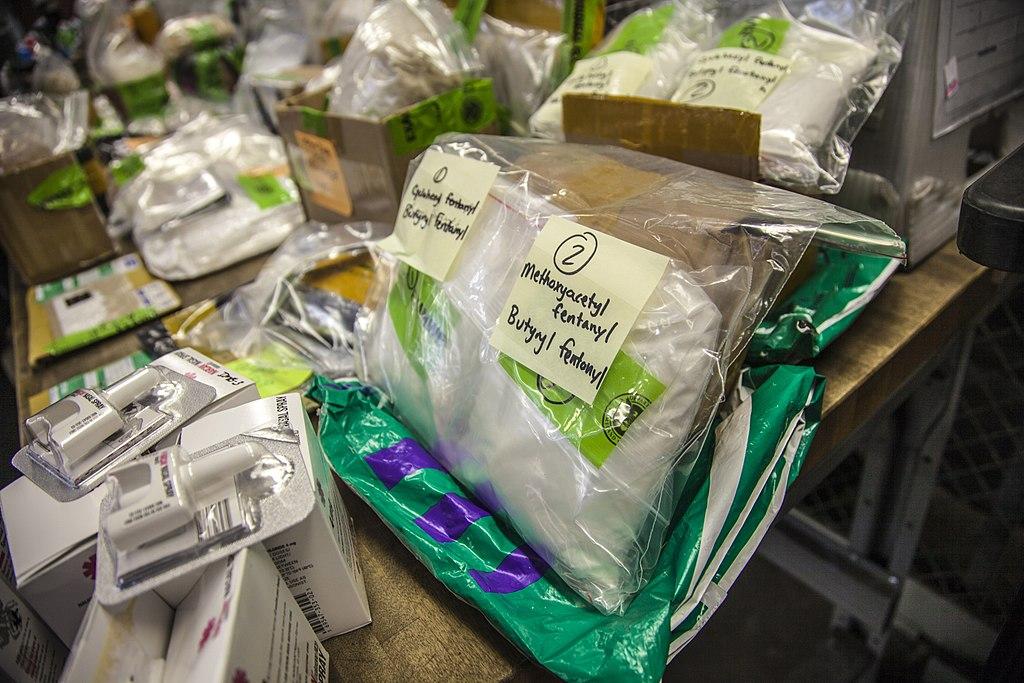
By Kurtis Kendall
The opioid crisis is one that has been widely reported on a national scale. Opioid addiction and overdoses have affected millions across the country. This problem is also here right at home, affecting the local Fitchburg community.
According to a February 2019 report from the Mass.gov website, there were 22 opioid-related overdose deaths in Fitchburg in 2017. This matches the total from 2016 as well. Figures that have increased from six deaths back in 2013.
Right next door in Leominster, the results are similar. From the same report, the city had 16 overdose deaths due to opioids in 2017, the highest yet for the city.
In an article from the Sentinel and Enterprise about the results, Interim Leominster Police Chief Michael Goldman says the higher death totals in our local cities has to do with the availability of social services and retail stores. “The other thing we have over Fitchburg that tends to draw opioid addicted people is retail. They tend to come here and shoplift so they can then purchase their heroin and still might be in Leominster when that happens.”
In Oct. 2018, Fitchburg State University announced a partnership with the Worcester District Attorney’s office to combat the opioid epidemic in the area. District Attorney Joseph D. Early Jr. announced at the time that his office had received two federal grants worth $860,000 to investigate opioid overdose deaths as homicides, and to place people suffering from substance abuse into treatment.
Fitchburg State’s role in the partnership includes collecting and reviewing local data related to overdose deaths. The goal is to identify the hotspots in the area of overdose deaths, non-fatal overdoses and crime. The University faculty and students will assist directly using Geographic Information System (GIS) mapping. Fitchburg Police will look to use this information to try and locate large scale drug distribution networks.
Caroline Andersen is a sophomore at Fitchburg State who is a part of the group conducting and the mapping. Anderson explained that data from 2015-2019 relating to overdose deaths, overdose calls, and arrests associated with drugs were compiled and and coded into a GIS. In addition, census data was also added to gain a better understanding on how the opioid crisis is affecting particular demographics.
Though the information collected is only the beginning of a two-year project, some general trends have already been discovered. “More overdose deaths were male, and when looking at the age, people from 30-39 had the highest number of deaths compared to other age groups,” said Andersen.
The time in which the highest percentage of overdose calls occurred was also revealed, being between 3 p.m. and 11 p.m. The initial results from the GIS mapping have not officially been given to local police yet, as the project is still underway. Fitchburg State will continue with data collection and mapping for the next couple years with the goal of assisting local police in their efforts to eliminate opioid overdoses and deaths in Fitchburg.
Fitchburg State Helps Combat Opioid Crisis
May 4, 2019


